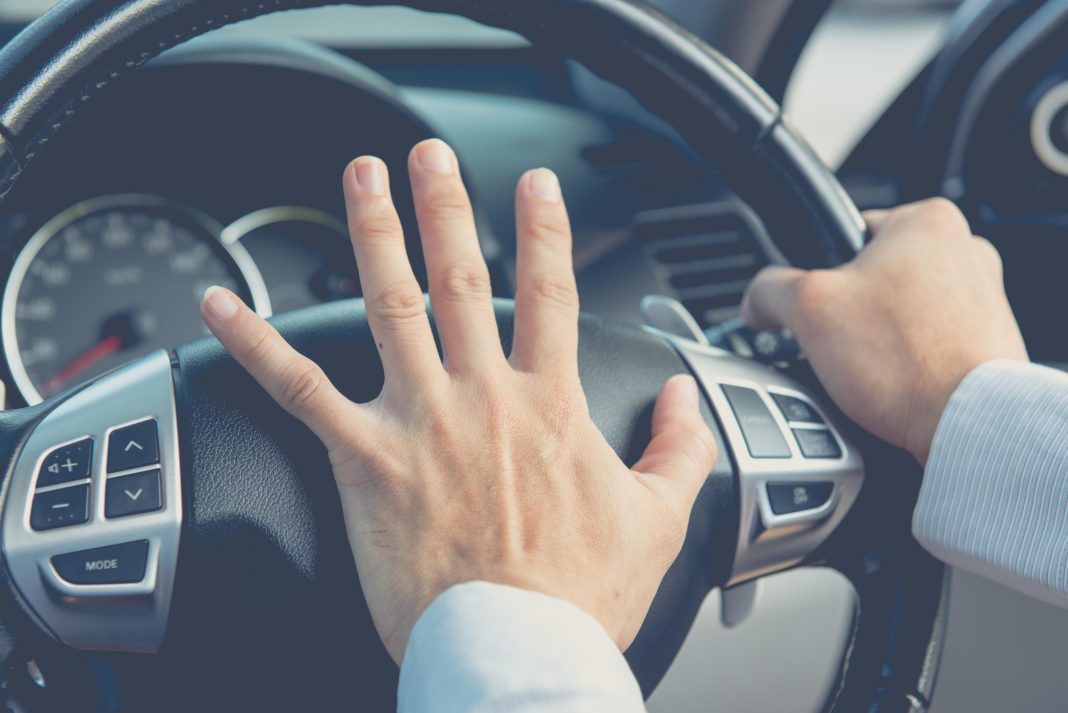We have all come across road rage at some point in our driving lives. When it happens, it can leave you feeling intimidated and scared. But with a bit of planning you can prevent the situation altogether. Richard Gladman, head of driving and riding standards, provides a few top tips about how to avoid being a victim of road rage, and what to do if it escalates.
If there’s conflict between two parties, there’s a likely chance you’ve both played a part. This doesn’t mean you should react. Try to take yourself away from the problem – let the other driver go on ahead. Even if you feel wronged, letting the other party go will make no difference to the rest of your day
Is someone being confrontational or aggressive? If so, don’t make eye contact and don’t react visibly. Try not to think about them so that the incident doesn’t affect you afterwards
If the other party is still being aggressive to you and you are in fear of your own safety, call the police
If the other party approaches you in your car, can you drive away safely? If you can, consider doing so. But don’t rush off and drive like the getaway driver in a film, or if you think the other driver is going to chase you
Do you have a passengers who can film any behaviour on a mobile phone? This will help in terms of evidence. Remember to include the registration number of the other vehicle involved
Don’t open your door, don’t open your windows fully and don’t start or get provoked into an argument
If you were at fault, admit it and apologise. It may be enough to diffuse the situation quickly. And do not do anything that can be interpreted as retaliation. Even if you weren’t at fault, is the argument really worth it?
Hopefully by now the matter is over and you are driving away. Do acknowledge that this incident will have affected your behaviour. If you feel upset or emotional pull over and get some fresh air or walk around if you need to before resuming your journey.
Find some distraction like listening to the radio – move your mind deliberately onto something else – deliberately driving well would be a good example – but don’t dwell on the incident.
Richard said: “Road rage does not affect everyone every day. If you’re finding it is happening very often, you might want to think about how you engage with other road users.
“Unlike pedestrians walking towards each other; who can easily get a feel of what the other person will do, where they might go or the mood they’re in, you have no such opportunities cocooned in your car.”
He concluded: “No-one need experience road rage, but it us up to each of us to ensure it stays that way.
“So it is important not to be antagonistic or obstructive, perhaps making a person already having a bad day boil over.”





